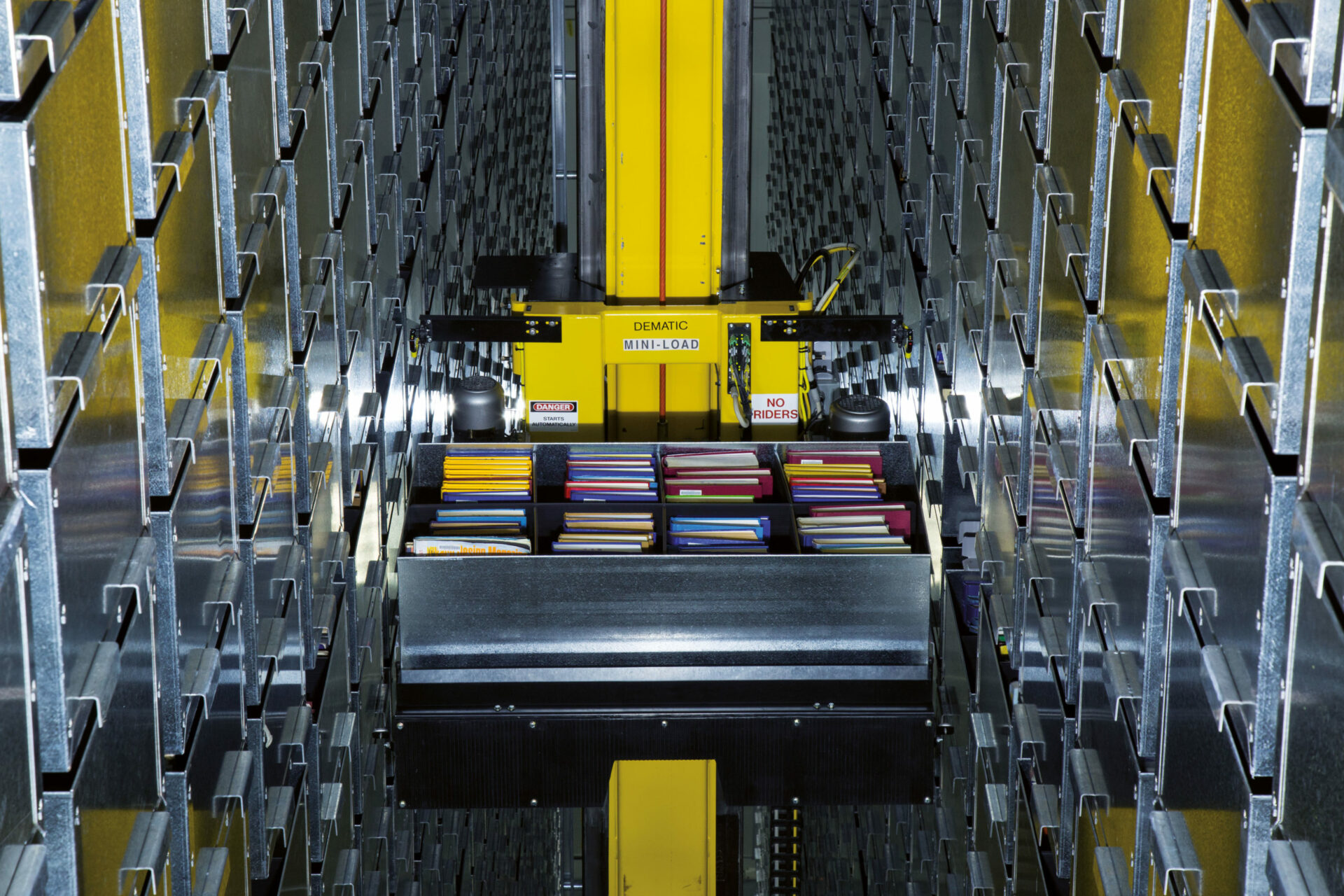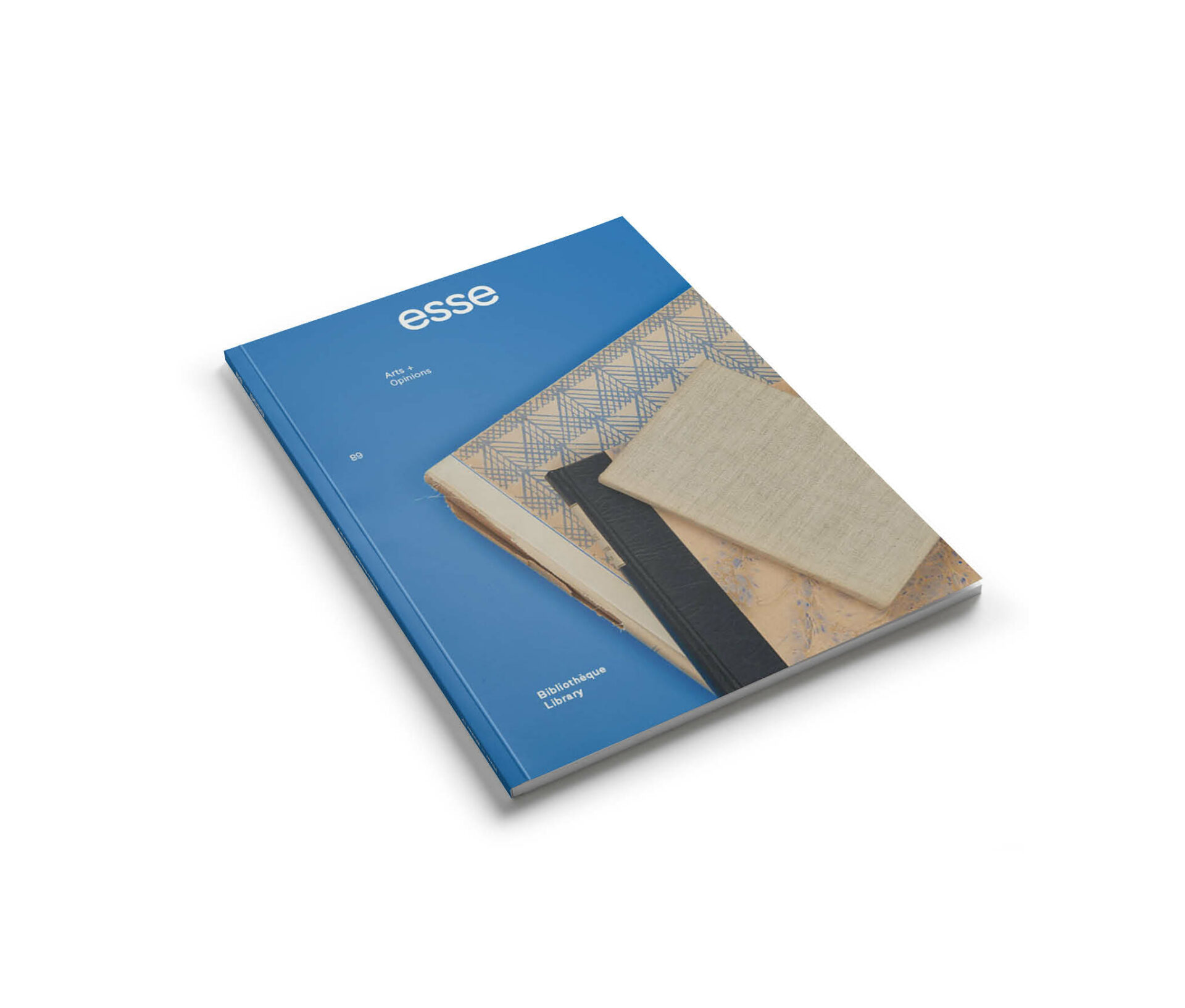
Photo : Jackson Mann, courtesy of UTS Library
Participatory Libraries and the Possibility of Making a Mess
But before enumerating the gains of this paradigm shift, let’s take a brief (nostalgic) account of the losses: the loss of card catalogues, stiff-backed wooden chairs and “sexy librarians”; of adventuring through dimly-lit stacks and the spark of delight when the book right beside the one you were looking for proves to be the one you really need; of the feeling of humility when the pile of books on our desk is greater in mass and height than we are ourselves (not to mention the relative weightiness of the knowledge the books contain); of plodding through sustained arguments rather than clicking through modular, easily digestible digital sound-bites; and perhaps most notably, of actual paper and ink books, which are now disappearing into the mysterious underbelly of the new hypermodern library only to be retrieved by staff or robots.
